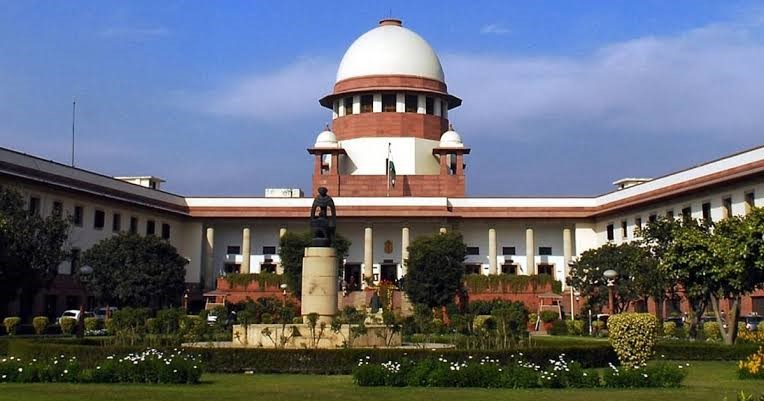Free Courses Sale ends Soon, Get It Now


Free Courses Sale ends Soon, Get It Now



Disclaimer: Copyright infringement not intended.
Context
ALL ABOUT BAIL PROVISIONS IN INDIA: https://www.iasgyan.in/daily-current-affairs/bail-provisions-in-india#:~:text=Therefore%20he%2Fshe%20shall%20not,any%20unjustified%20benefit%20to%20them.
Understanding Bail and Bail Conditions
Orissa High Court's Bail Condition for Siba Shankar Das
Supreme Court's Verdict
Precedents: Supreme Court's Intervention in Unreasonable Bail Conditions
|
PRACTICE QUESTION Q. Discuss the significance of bail conditions in the Indian legal system, highlighting the balance between individual liberties and societal interests. Examine recent judicial interventions in bail conditions and their implications for the administration of justice. |
© 2024 iasgyan. All right reserved